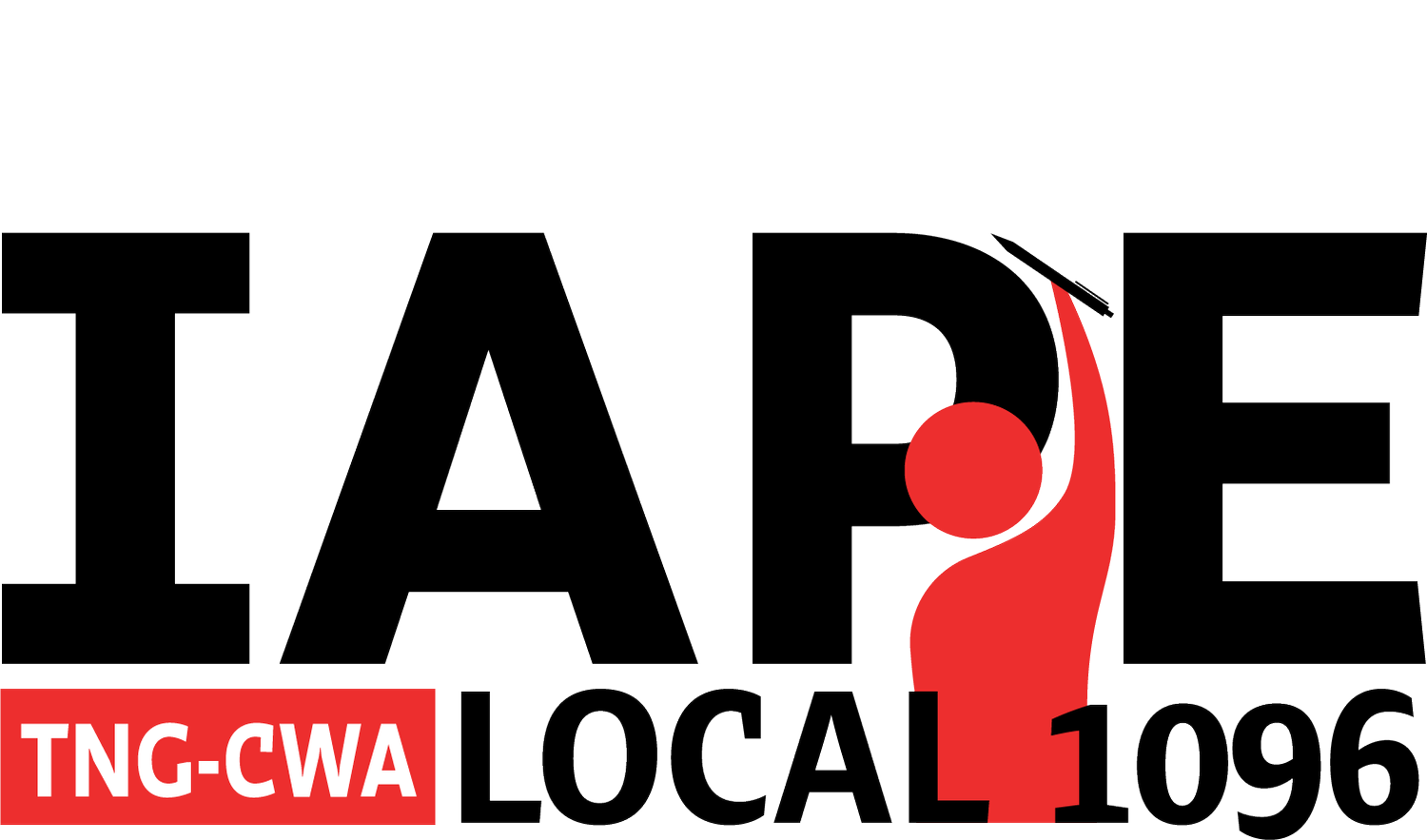Denying Credit Where it’s Due: WSJ Restricting Bylines Again
/Have you heard the news?
For weeks, rumors of management plans to limit the number of bylines on stories have been swirling through WSJ newsrooms. This week, during several department meetings with staff, top Journal editors confirmed the message—no more than three bylines on stories, and no taglines. One editor apparently referred to this new “policy” as “non-negotiable.”
They must be new here.
Bylines and taglines are long-accepted practices in our newsrooms. IAPE considers them forms of recognition, perhaps even compensation for our union-represented News staff. Managers certainly aren’t shy about referring to bylines during performance evaluation and disciplinary meetings. A Journal byline is deserved credit for a job well done. Byline and tagline limits will reduce transparency about who and how many journalists contributed to work we are proud of. Members are also concerned about how the limits could undermine newsroom collaboration, as management’s message discourages reporters from helping each other.
It’s as if management turned to AI with the question, what’s a way to further diminish newsroom morale while providing no economic or journalistic benefit to the company? Answer: gratuitously take from rank-and-file workers a small but long-established form of recognition that costs the company nothing.
We would love to give credit to a member of News management, but it isn’t clear where this recycled–and more onorous–plan originated, or what supposedly justifies it. We understand that editors received a written edict imposing the restrictions, but it has been withheld from the affected employees. Yes, we’ve been down this road before, challenging claims of new byline limits in 2020, 2018 and 2017. Ten years ago, editors told reporters that then-EIC Gerry Baker was upset about “too many bylines” on smaller stories. When we approached the company’s Legal Department with a complaint about management implementing new workplace policies without approaching the union, management responded: “no new policy exists.”
So, we’ll complain to Legal again. Before we do, we would love to hear from you: have you been told that the Journal now has a limit on bylines, or that taglines have been eliminated? Have you lost a byline or tagline as a result? If you have any information you can share, send a note to union@iape1096.org. All submissions will be held in confidence.
Meanwhile, we’d suggest that reporters who believe a colleague deserves a tagline or a fourth byline include it in stories they submit and retain a copy for their records. Managers are free to delete those taglines and bylines, but they should know who has contributed to our news report even if Dow Jones prefers to conceal that information from our readers.
Incidentally, since the company has decided to reuse old ideas, we might as well share the same guidance we had for members back in 2015: When it comes to bylines or taglines, nothing prevents an employee from asking: “Will I receive a byline/credit for this story?” It is also acceptable to inform a manager in advance that you would rather not perform work without receiving credit, if that is how you feel. Just remember: after stating their preference, employees should never refuse a direct assignment from a manager or supervisor.

